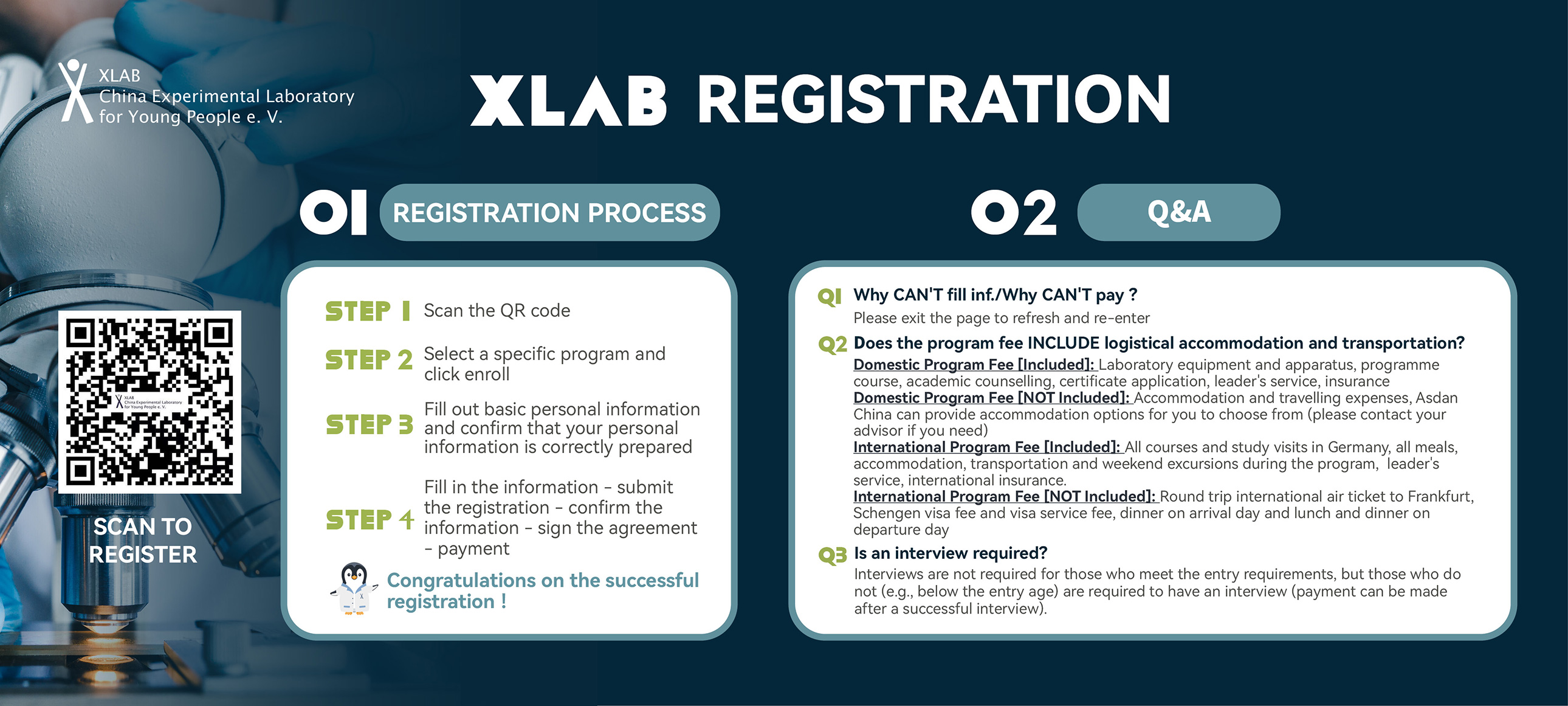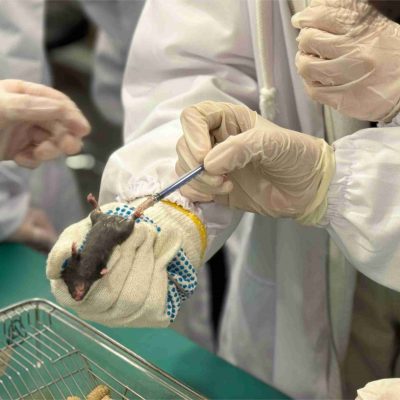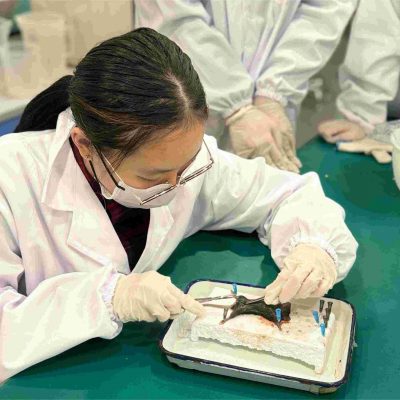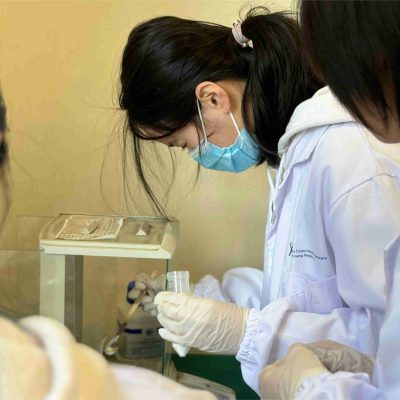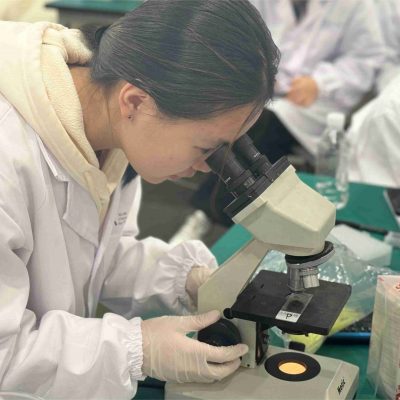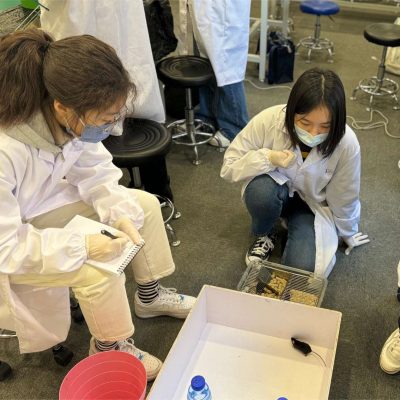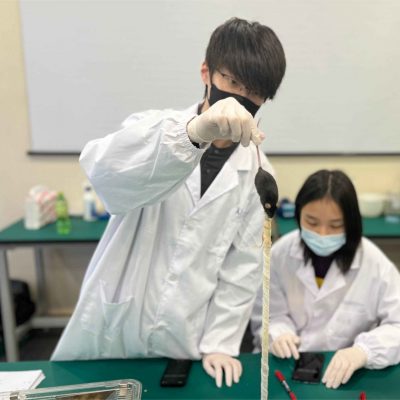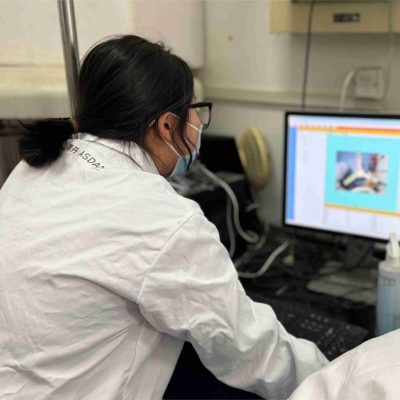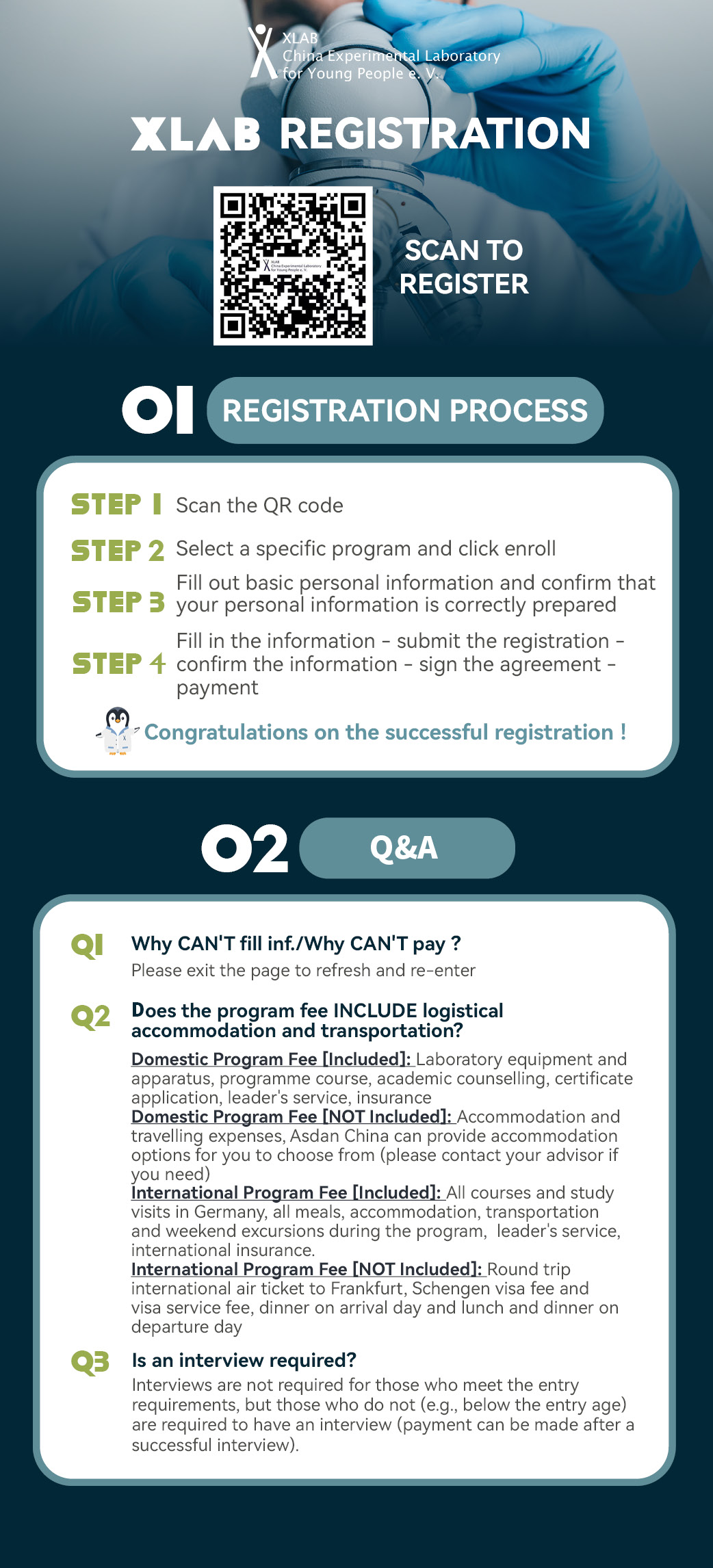AR/VR 3D Virtual Animation Model Application
 Chengdu
Chengdu
Date: Jul.16th - Jul.20th, 2025
Subjects: Computer Science
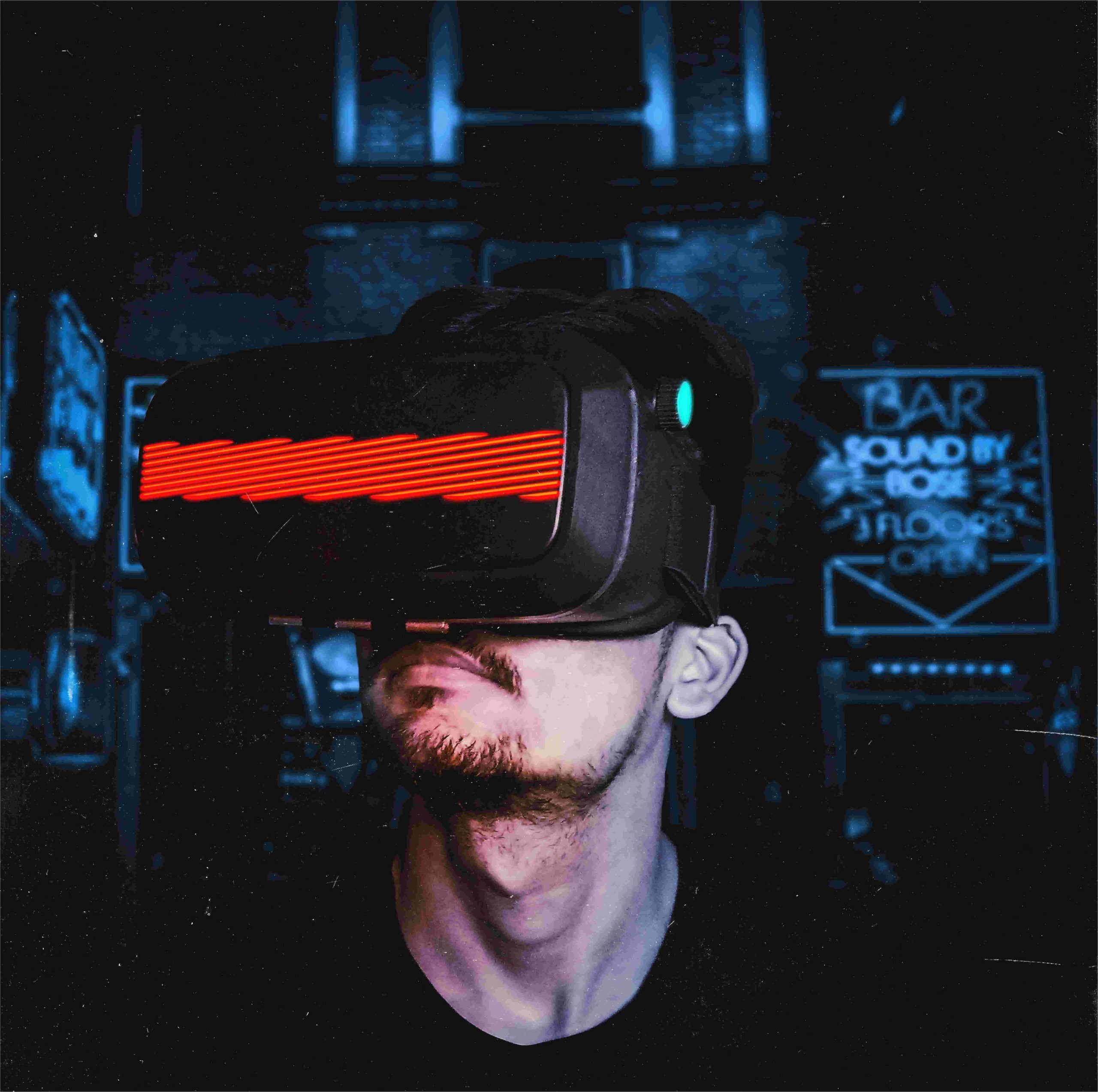
AR and VR are two different virtual technologies. AR (Augmented Reality) is augmented reality technology, which is a combination of virtual digital images and naked-eye reality images, and VR (Virtual Reality) is virtual reality technology, which consists of pure virtual digital images. The combination of AR and VR technologies is a hot technology and topic nowadays.
Students will learn and experience the practical steps and methods of materializing design solutions through programming and software modeling to understand the complete process of modeling and master the critical skills of "materializing" design solutions.
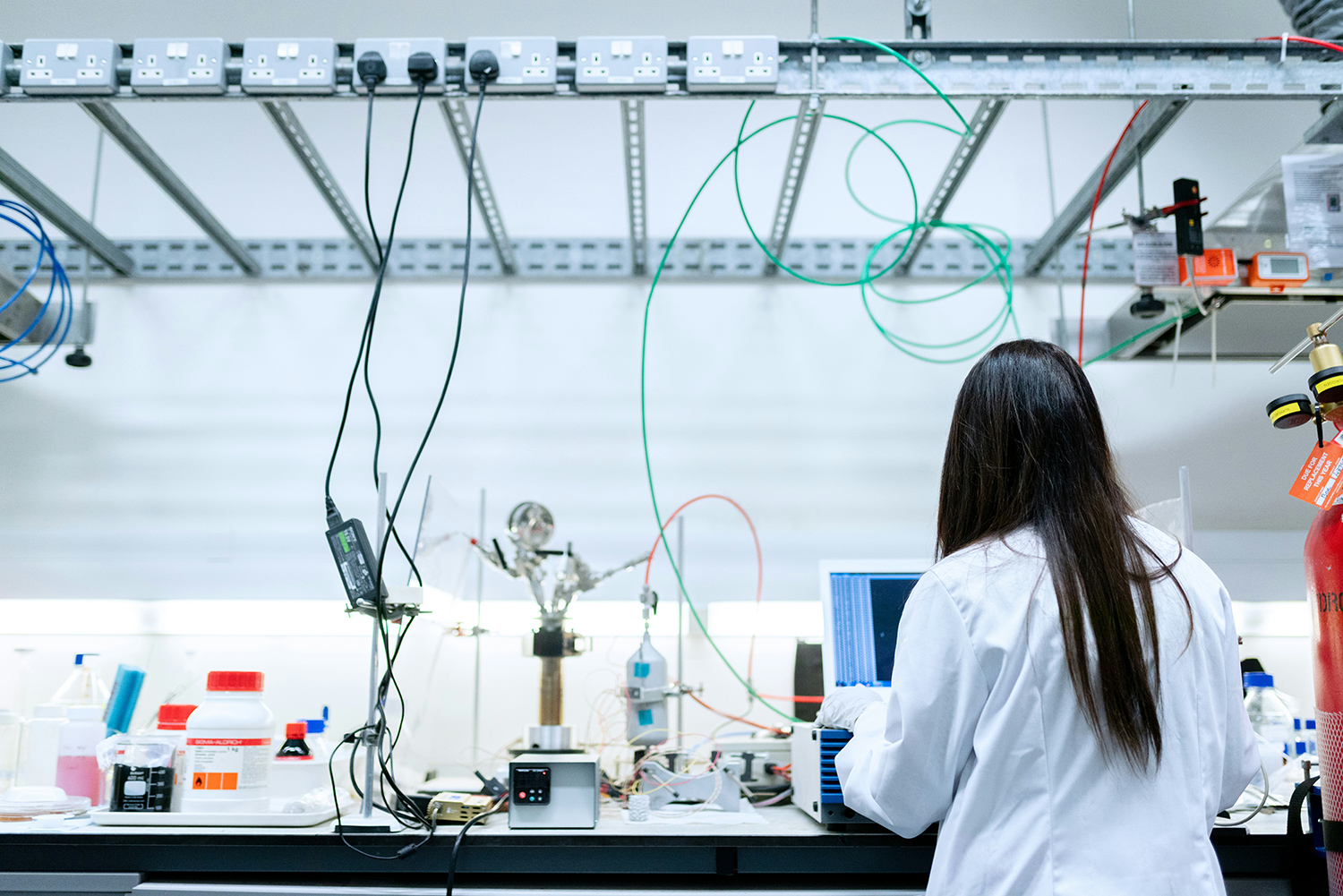
Teaching Faculty
Experts in computer science from national research institutes are specially invited.
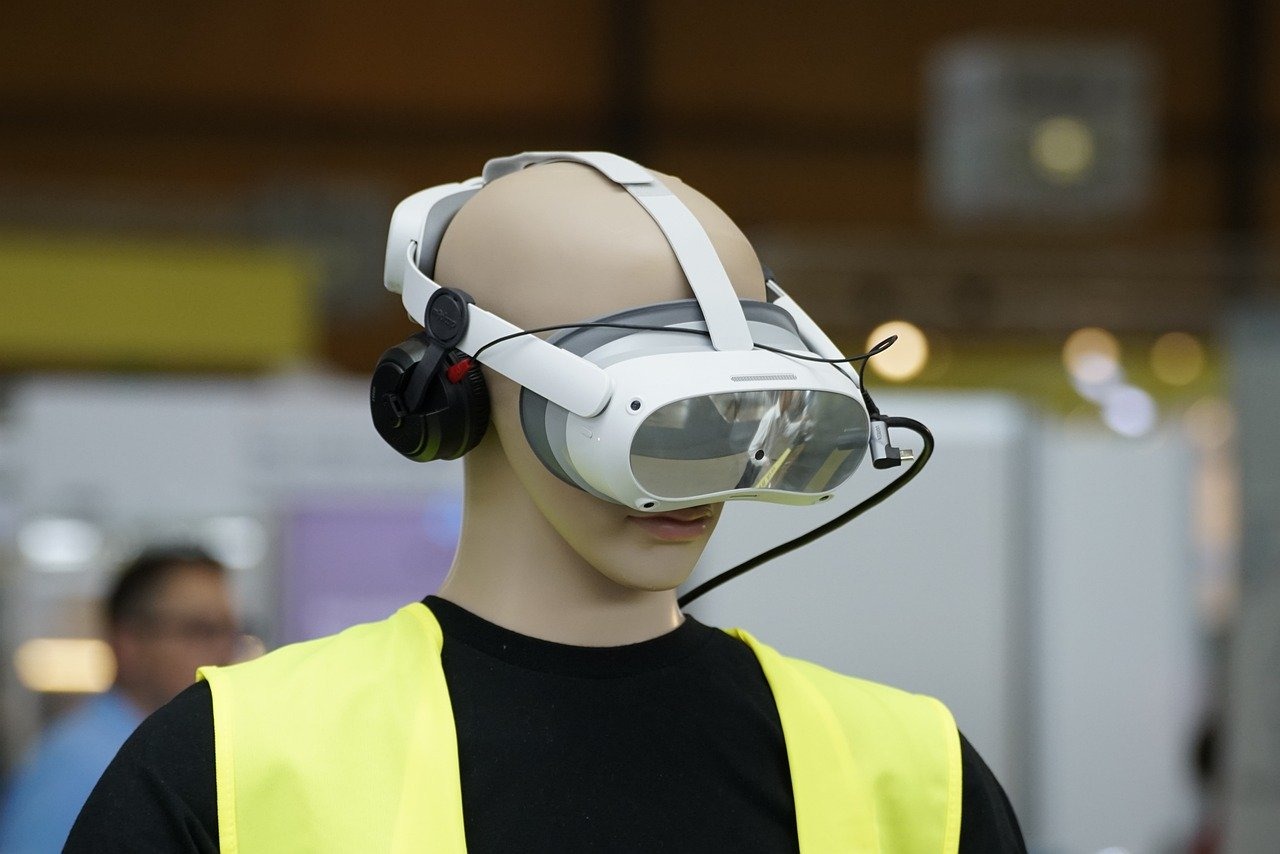
Cutting-edge Topics
Systematically learn the fundamentals of AR/VR, AR/VR making, programming training, and the operation of modeling software "3DMAX".
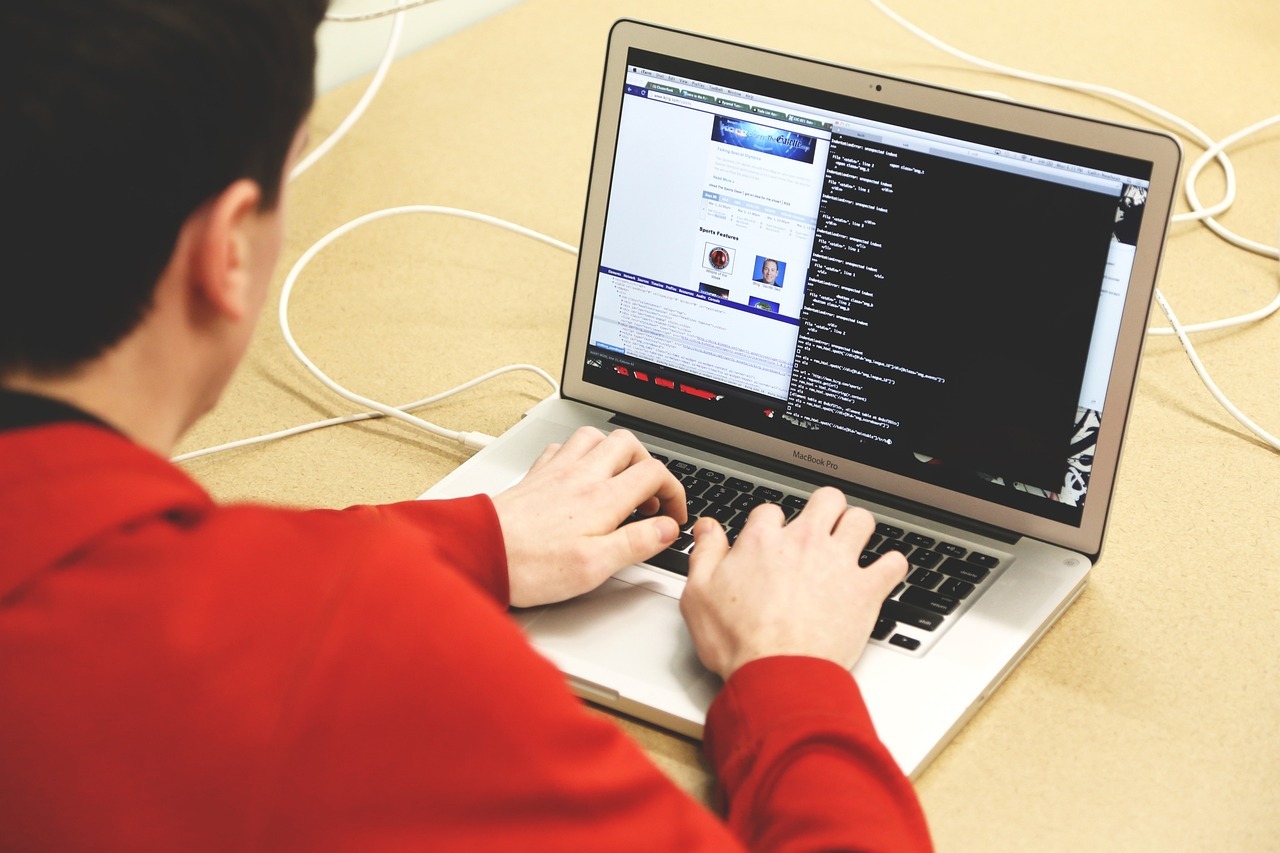
Real Lab Practice
Experience AR-VR applications in games, advertisements and the special effects of short videos, and practice motions like touch, press, and take in the interaction with the imaged model in an AR environment.
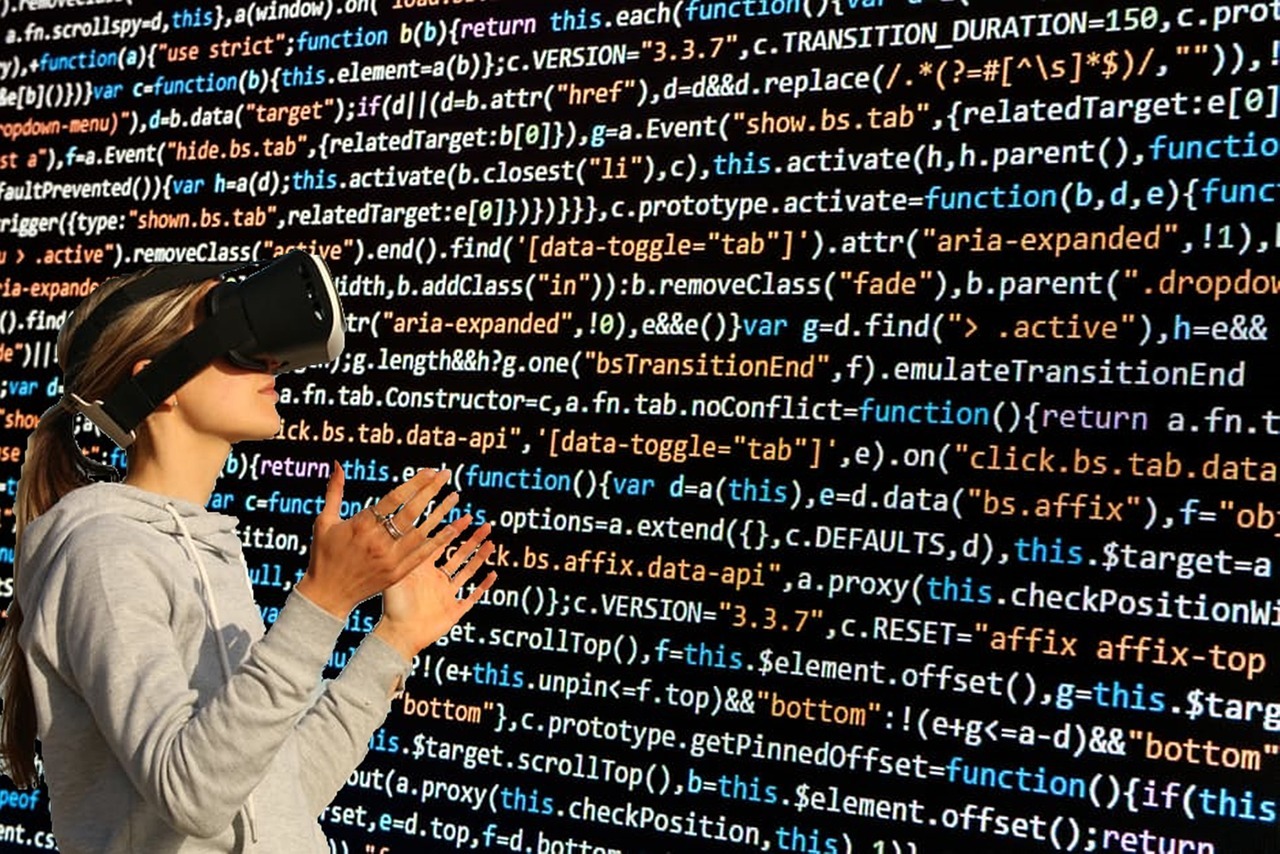
Outcome Application
Research outcomes for the further development of digital images.
Main Experiments
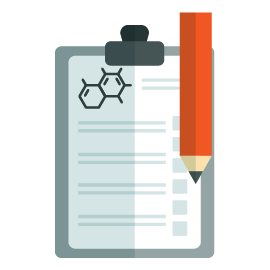
Blender Modeling Software Operation
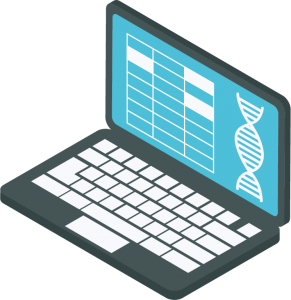
Python Programming Training
Unity 3D Software Operation
C# Language Programming Training
Blender Modeling Software Operation
Python Programming Training
Unity 3D Software Operation
C# Language Programming Training
Certificates
).png)
CERTIFICATE OF ASDAN SCIENCE
ASDAN SCIENCE SHORT COURSES CREDIT ACCREDITED BY UCAS
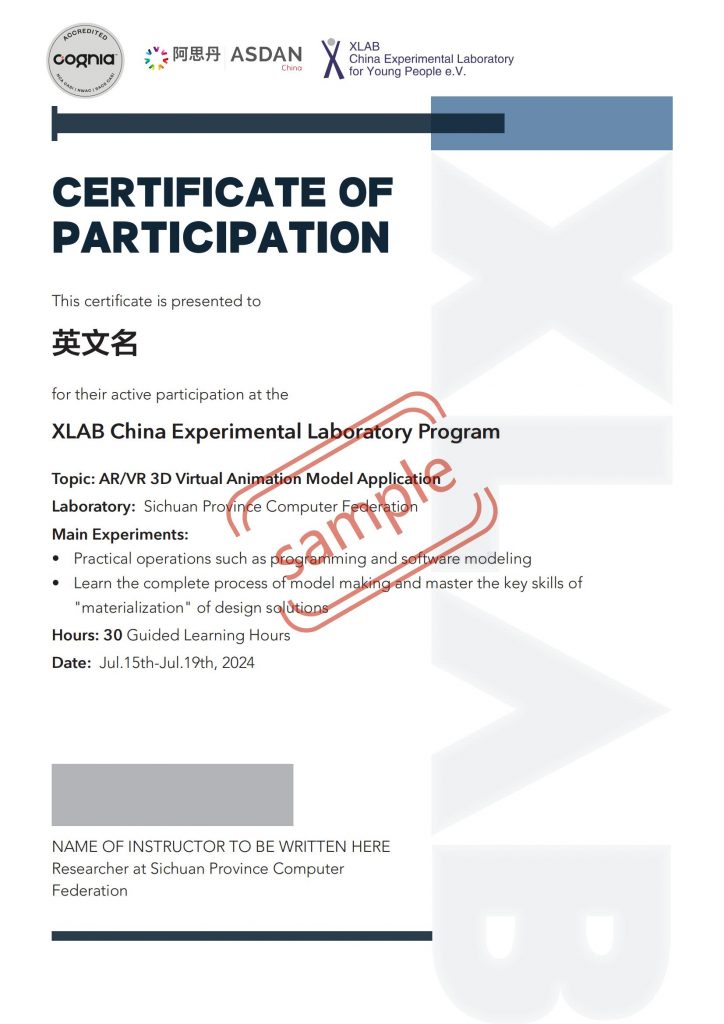
CERTIFICATE OF COMPLETION ISSUED BY XLAB CHINA
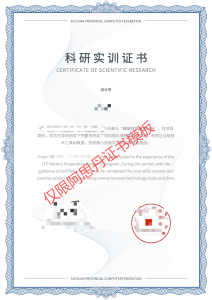
CERTIFICATE

Feedbacks
-

My experience in XLAB experiments has yielded abundant rewards. Firstly, I acquired foundational skills in neural networks, Unity, and Blender, which have broadened my skillset and knowledge base. Secondly, overcoming challenges in environment configuration and learning has enhanced my self-learning and problem-solving abilities. Engaging in teamwork has strengthened my communication skills with peers and instructors. Overall, XLAB experiments have allowed me to explore and learn, particularly in game development and digital art. Mastering Unity and Blender has been the most rewarding, igniting a strong interest in game development and 3D art. In brief, XLAB has clarified my goals for pursuing a computer science major and my future career choices.—— Cambridge International Center, Beijing New Talent Academy, Student Wang

-

I've had numerous benefits, such as broadening my horizons and delving into previously overlooked areas. It has honed my self-learning, social skills, and time management (thanks to group assignments, which necessitated better time planning). However, the greatest gain lies in software proficiency. Given my dream major in mathematics and computer science, understanding various software applications, delving into the underlying logic and principles of code, and mastering 3D modeling will greatly aid my university studies.—— Shanghai Shangde Experimental School (Integrated School), Student Wan

-

The most tangible takeaway is gaining proficiency with the Unreal Engine app and grasping its basic functionality, eliminating the awkwardness of being unable or finding it challenging to navigate a new system. Additionally, learning a new language was a pleasant surprise. Through interactions with classmates, I also gained insights into students' academic paths from other high schools and the diversified preparations required for future university applications.—— Shanghai High School International Division, Student Fan

-

This experience has significantly enhanced my teamwork, computer, mathematical, and learning abilities. In this experiment, we had to construct and apply an AR model in a real-world setting. My teammates provided invaluable assistance throughout this process, as I lacked expertise in this area. I frequently sought their guidance, and they were always eager to help, improving my teamwork and computer skills. Simultaneously, I engaged in continuous self-directed learning during the experiment, which has been instrumental in clarifying the type of work I aspire to do and identifying my strengths, thus greatly aiding my decision-making process regarding my choice of university and significance.—— Foreign Languages School Affiliated with Beijing Normal University Zhuhai, Student Lin

精彩瞬间
Why Us
History
XLAB has a 20+ year history. It was initiated by Professor Neher of the University of Göttingen in Germany and strongly supported by the German government and the University of Göttingen. XLAB, centered around high-end scientific experiments, is widely favored by over 10,000 students yearly. XLAB has established practice centers worldwide, aiming to expand this unique concept and teaching method to reach more students.
XLAB aims to enable more people to learn and experience the joy of science, encouraging them to explore the mysteries of science and consider how to use science to solve human problems. Therefore, XALB's subjects are generally more complex in physics, biology, or medicine. Instead, they focus more on interdisciplinary, cutting-edge topics such as genetic engineering, medical research, nanobiology, medical chemistry, high-energy physics, and more.
Subject
Experiment
Experiments are the core of the XLAB. Each participant can enter advanced laboratories to conduct safe experiments, analyze data, and write experiment reports. Over six hours of scientific research daily enhances students' scientific knowledge and logical thinking and cultivates concentration and endurance. Students will be able to experience the work content and status firsthand and consider whether to choose a research direction in future education.
The courses in XLAB are unique. They consist of four key modules: Subject Introduction and Program Thinking, Scientific Research Teaching, Laboratory Operations, Experimental Data Analysis, and Research Report Writing. All courses are taught in small groups of 10 to 25 students.
Course
Faculty
Experts are invited to design experiments and teach students since the topics and content of XLAB exceed the curriculum of high schools and are specialized in specific research areas. Relevant scientific research institutions support XLAB China and provide an in-depth academic experience for Chinese students based on its unique teaching methods and experimental requirements.
Two authoritative certificates are available: the XLAB Program Certificate of Participation, which details the experimental content and is signed by instructors. Students will complete an academic report containing experimental results and data analysis to apply for the ASDAN "Science Award" Certificate for 30 credit hours of study officially accredited by UCAS.
Certificate
Research
XALB provides invaluable research scenarios for students who plan or are currently engaged in natural science research-oriented learning, such as EPQ or scientific papers, to implement their research plans and participate in hands-on scientific research. Experimental reports can be considered as part of their research achievements.

